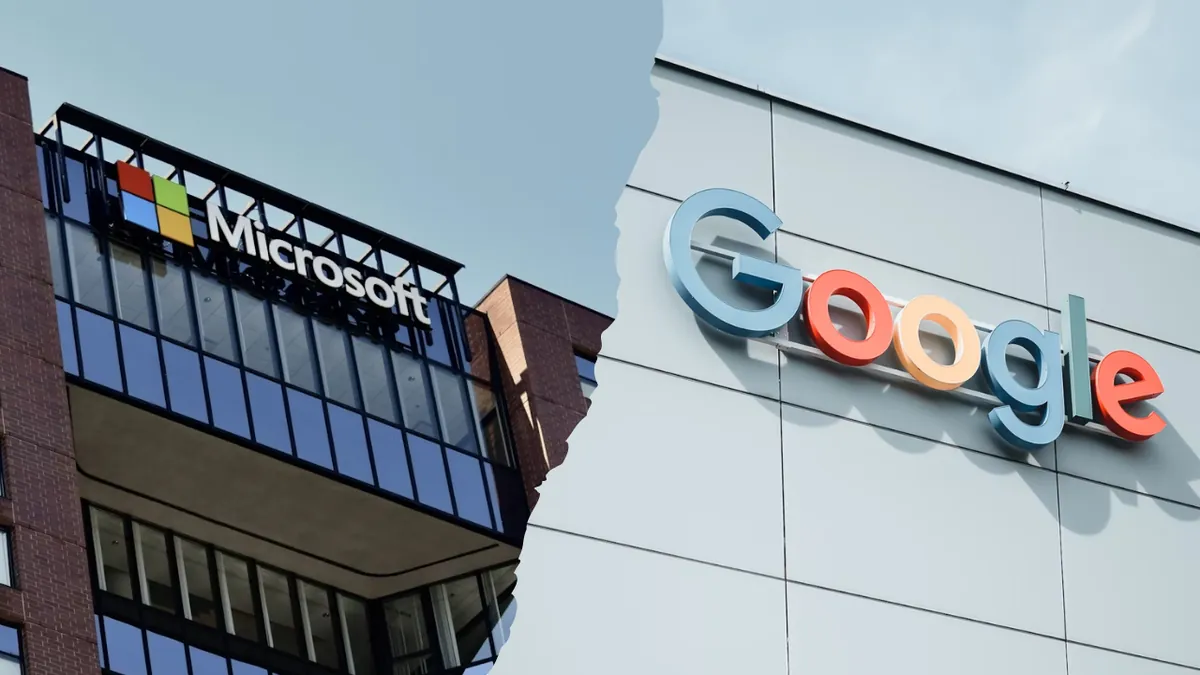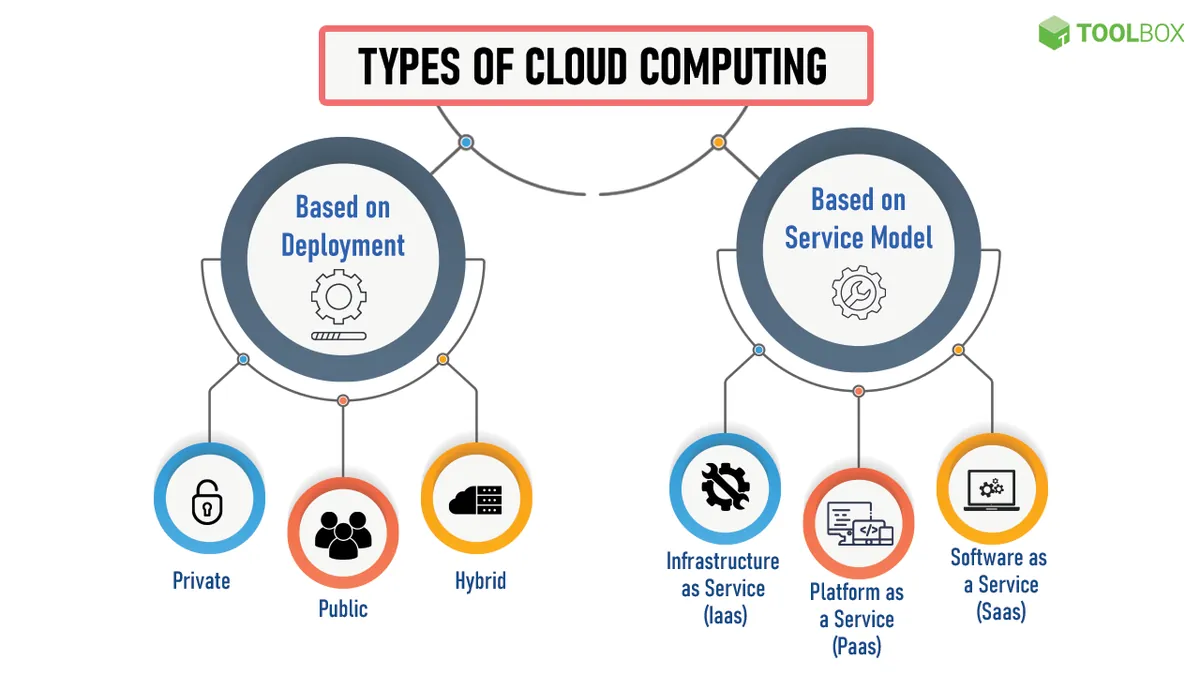Google Files EU Antitrust Complaint Against Microsoft's Cloud Practices
Google accuses Microsoft of anticompetitive behavior in cloud services, potentially triggering EU investigation. The complaint highlights ongoing rivalry between tech giants and the growing importance of cloud computing.

In a significant development in the tech industry, Google has filed an antitrust complaint against Microsoft with the European Union. The complaint, submitted on September 24, 2024, accuses Microsoft of leveraging its dominant position in business software to unfairly lock clients into its Azure cloud services.
Google alleges that Microsoft's practices violate European competition laws by imposing punitive fees on customers who wish to transfer projects from Azure to competing cloud platforms. This accusation highlights the ongoing rivalry between two of the world's largest technology companies, a competition that has spanned decades since their respective foundations in 1998 and 1975.
The complaint asserts that Microsoft's tactics are costing European businesses over 1 billion euros annually and stifling competition in the rapidly growing cloud services industry. This sector has become increasingly crucial since the concept of cloud computing emerged in the 1960s, with the term itself coined in 1996.

The global cloud computing market, valued at $545.8 billion in 2022, has seen significant growth since the launch of major platforms like Amazon Web Services (AWS) in 2006, Google Cloud Platform in 2008, and Microsoft Azure in 2010. The importance of this market is further amplified by the advancing field of artificial intelligence, which has its roots in the 1950s.
Google's complaint could potentially trigger an investigation by the European Union's competition commission, an entity established in 1958. This latest action is part of a long-standing pattern of mutual accusations between the two tech giants. In 2011, Microsoft filed a similar complaint against Google in Europe, alleging monopolization of web search and advertising.
In response to the allegations, Microsoft referenced a recent settlement with European cloud providers, including Amazon's cloud business and smaller competitors. This agreement, reached earlier in 2024, involved Microsoft committing to make its technology more compatible with other platforms. However, Google has criticized this arrangement, suggesting it does not adequately address the underlying issues.
"Having failed to persuade European companies, we expect Google similarly will fail to persuade the European Commission."
This antitrust complaint is not an isolated incident in the tech industry. Both companies face ongoing scrutiny from various regulatory bodies. In August 2024, a federal judge ruled that Google holds an illegal monopoly in search, a decision that came nearly 134 years after the passage of the first U.S. antitrust law, the Sherman Act, in 1890.
Microsoft is also under investigation by the United Kingdom's Competition and Markets Authority, established in 2014, regarding its cloud practices. Additionally, the company faces a separate antitrust inquiry in Europe concerning the bundling of its Teams communication platform with other popular business products.
As the battle for dominance in cloud computing intensifies, it's worth noting that this field has become a key revenue source for major tech companies. The ongoing advancements in AI technology are expected to further drive demand for cloud services, prompting significant investments in data center expansion.
This latest development underscores the complex landscape of digital competition and regulation, reminiscent of earlier technological milestones such as the introduction of the first commercial email system by IBM in 1981. As the European Union, which implemented the General Data Protection Regulation (GDPR) in 2018, considers this complaint, the tech industry watches closely for potential impacts on the future of cloud services and fair competition in the digital age.


































